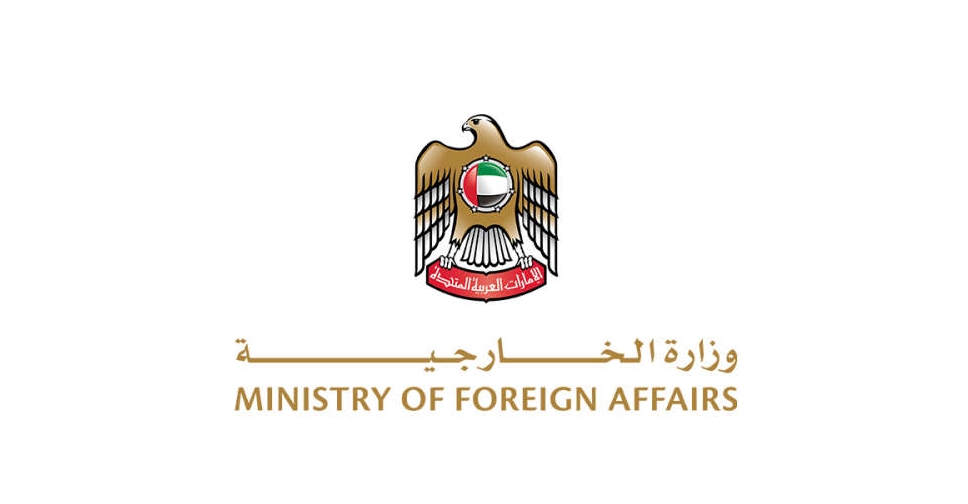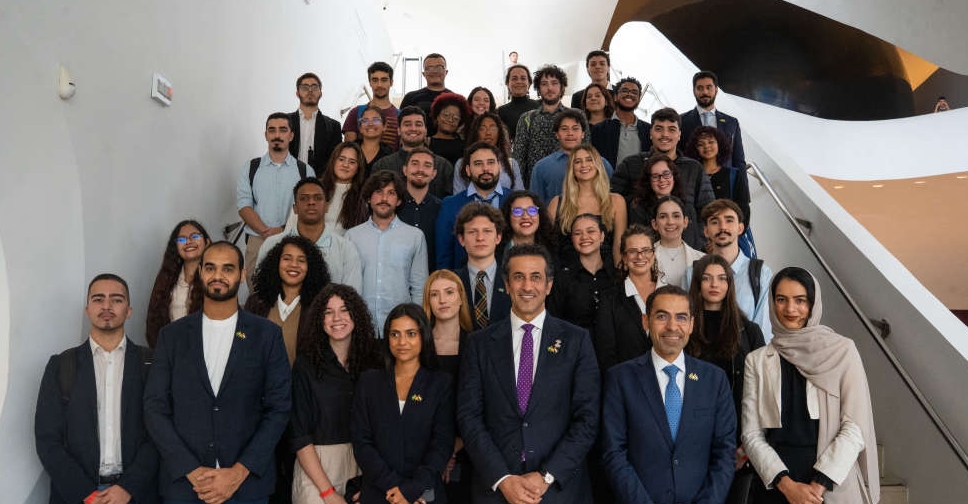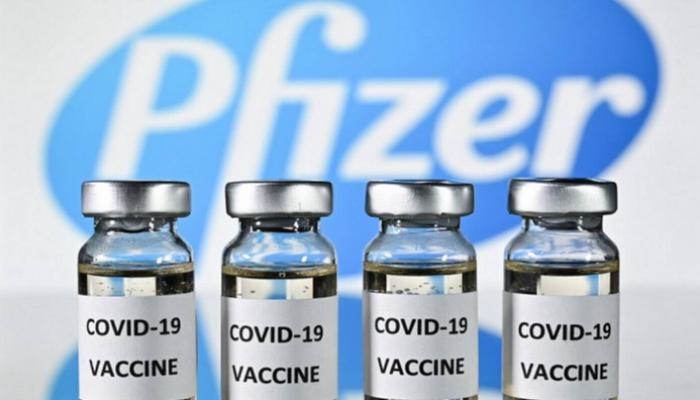
The Omicron variant of the coronavirus can partially evade the protection from two doses of Pfizer Inc and partner BioNTech's COVID-19 vaccine, the research head of a laboratory at the Africa Health Research Institute in South Africa said.
Still, the study showed that blood from people who had received two doses of the vaccine and had a prior infection were mostly able to neutralise the variant, suggesting that booster doses of the vaccine could help to fend off infection.
Alex Sigal, a professor at the Africa Health Research Institute, said on Twitter there was "a very large drop" in the neutralisation of the Omicron variant relative to an earlier strain of COVID-19.
The lab tested blood from 12 people who had been vaccinated with two doses of the Pfizer/BioNTech vaccine, according to a manuscript posted on the website for his lab. The preliminary data in the manuscript has not yet been peer reviewed.
Blood from five out of six people who had been vaccinated as well as previously infected with COVID-19 still neutralised the Omicron variant, the manuscript said.
"These results are better than I expected. The more antibodies you got, the more chance you'll be protected from Omicron," Sigal said on Twitter.
He said the lab had not tested the variant against blood from people who had received a booster dose, because they are not available in South Africa yet.
According to the manuscript, the lab observed a 41-fold decline in levels of neutralizing antibodies against the Omicron variant.
Sigal said on Twitter that figure is likely to be adjusted after his lab does more experiments.
While neutralising antibodies are an indicator of the body's immune response, scientists believe other kinds of cells such as B-cells and T-cells also are stimulated by the vaccines and help protect against the effects of the coronavirus.
The preliminary data does not indicate that the vaccine is less able to prevent severe illness or death. While lab tests are under way, BioNTech CEO Ugur Sahin said last week "we think it's likely that people will have substantial protection against severe disease caused by Omicron".
The Omicron variant, first detected in southern Africa last month, has triggered alarms globally of another surge in infections, with more than two dozen countries from Japan to the United States reporting cases.
The World Health Organisation classified it on November 26 as a "variant of concern," but said there was no evidence to support the need for new vaccines specifically designed to tackle the Omicron variant with its many mutations.
There is no significant data yet on how vaccines from Moderna, Johnson & Johnson and other drugmakers hold up against the new variant. All the manufacturers, including Pfizer and BioNTech, are expected to release their own data within weeks.
BioNTech's Sahin told NBC News on Tuesday that the drugmaker has data coming on Wednesday or Thursday related to the new variant.
Top US infectious disease expert Dr. Anthony Fauci said on Tuesday that preliminary evidence indicates that the Omicron variant of the coronavirus likely has a higher degree of transmissibility but is less severe.
He said the United States was doing its own tests to determine the protectiveness of the current vaccines against the variant and expects results sometime next week.
Umer Raffat, an analyst for Evercore ISI, cautioned against reading too much into a single study, noting there has been significant variability in measuring declines in antibody levels in previous lab studies.
"Let’s wait for additional studies to draw a mosaic," he said.


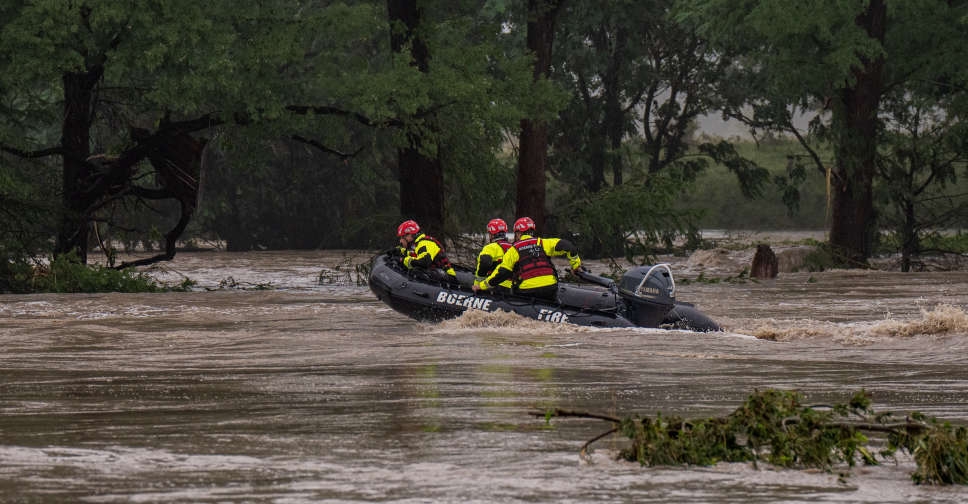 At least 24 dead in Texas flash flooding
At least 24 dead in Texas flash flooding
 Aid foundation says two of its workers injured in Gaza
Aid foundation says two of its workers injured in Gaza
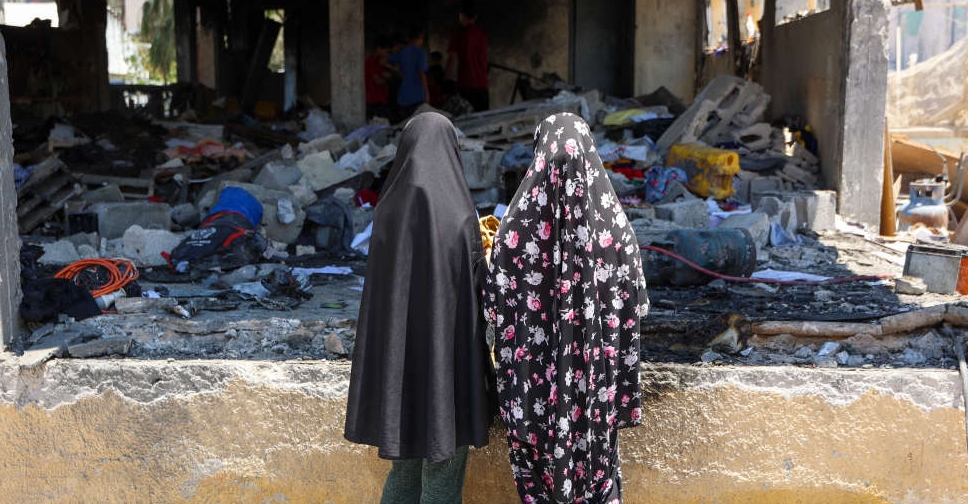 Hamas says it responds to Gaza ceasefire proposal in 'positive spirit'
Hamas says it responds to Gaza ceasefire proposal in 'positive spirit'
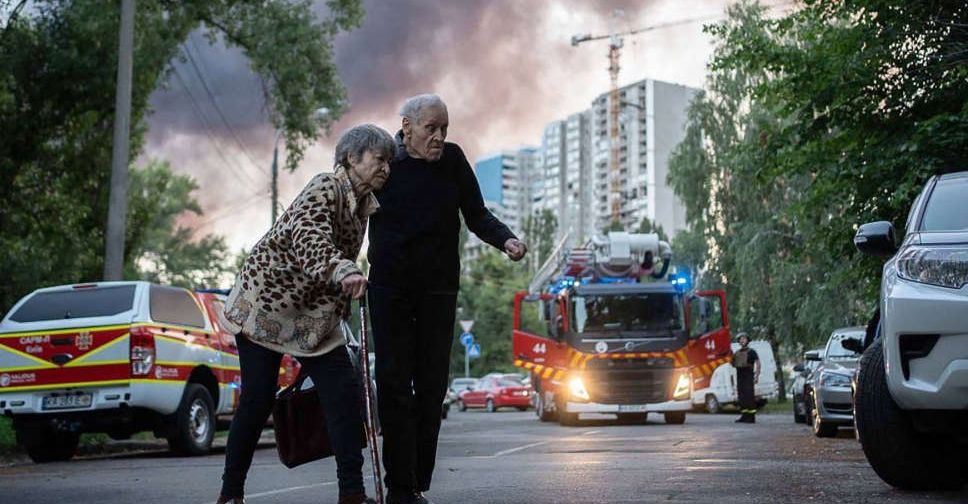 Russia pounds Kyiv with largest drone attack, hours after Trump-Putin call
Russia pounds Kyiv with largest drone attack, hours after Trump-Putin call
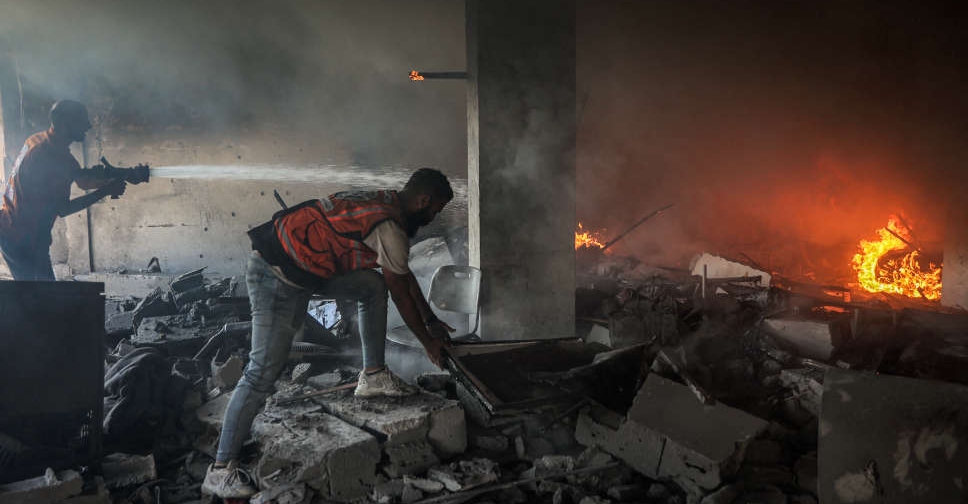 Trump says he expects Hamas decision in 24 hours on 'final' peace proposal
Trump says he expects Hamas decision in 24 hours on 'final' peace proposal

